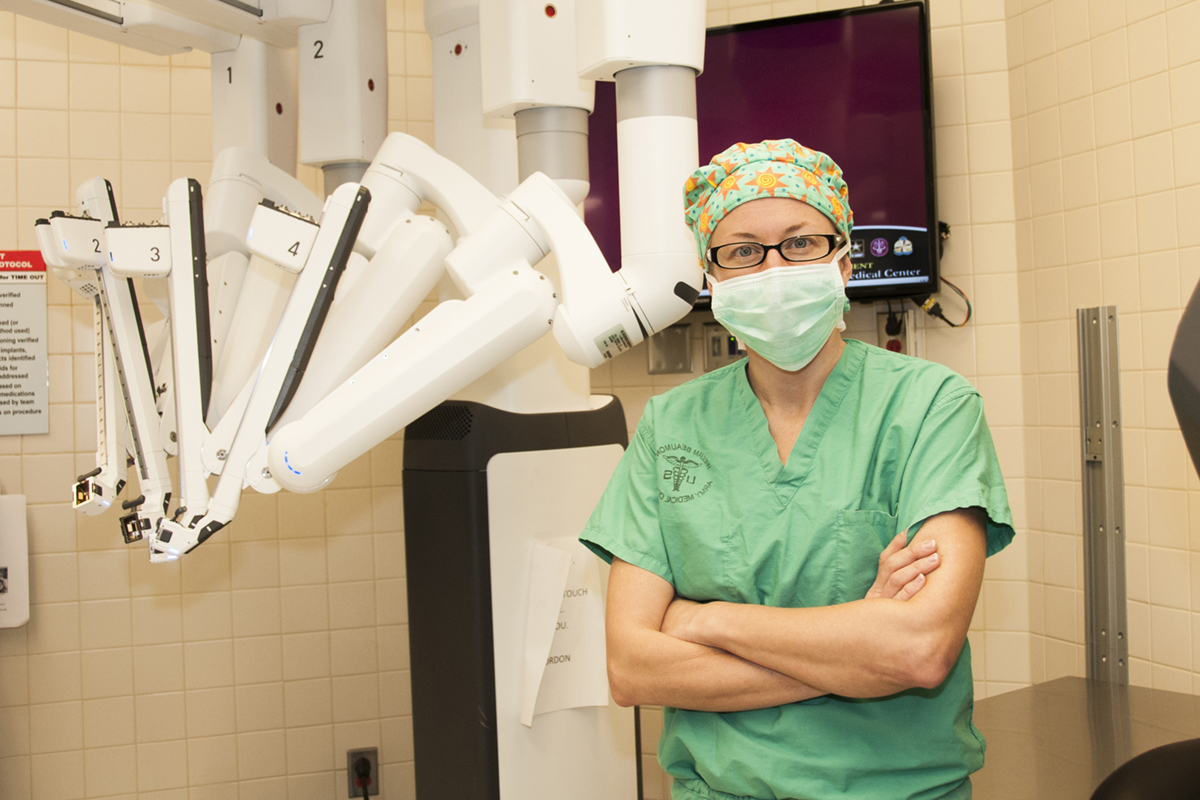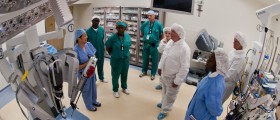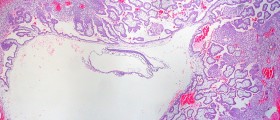
Introduction
All surgical procedures have potential complications but when it comes to the termination of a pregnancy, every 100th woman will experience some complications caused by the procedure. The minor complications are usually more likely to occur than the serious ones.
Complications
One of the most common complications of termination of pregnancy is excessive bleeding which may occur during the procedure and it usually does not require hospitalization. If the bleeding continues after the surgical procedure, only the severe cases may require immediate medical attention. Sometimes not all the pregnancy tissue gets removed completely during the operation and if that occurs it usually causes cramping pain and a very heavy vaginal bleeding. This type of complication requires a repeated suction of the uterus in most cases. Sometimes, a uterus infection can be triggered following the termination of pregnancy.
Rare cases have also included an infection of the tubes. The infection is usually characterized by high fever, vaginal discharge and abdominal pain. If the infection gets treated on time it should not affect the future fertility. Sometimes the instruments that are used for the procedure can perforate the wall of the uterus and cause a small hole. Sometimes it requires hospitalization and in rare cases it needs to be repaired by another surgical procedure. Sometimes the procedures done in the early stages of pregnancy may be unsuccessful in removing the pregnancy. If the symptoms of pregnancy continue for more than a week after the procedure one should seek immediate medical attention. Sometimes a pregnancy grows in the tube and not in the uterus and in that case there is no pregnancy tissue at the termination. The process of termination is necessary if the pregnancy is in the tube.
Sometimes the cervix can get severely damaged and the condition is medically referred to as cervical trauma. Certain patients may experience adverse, long term psychological problems after the termination of pregnancy. Negative emotions are quite common among all patients after the abortion and they usually reflect the symptoms which were already present before the procedure.
Some studies have associated the abortion with the risk of breast cancer, premature delivery and future infertility but none of them confirmed the association of these conditions with the termination of pregnancy. Some other complications of the procedure include allergic reactions to intravenous and local anesthetics. Patients who have an intravenous anesthetic must not eat or drink anything six hours before the appointment.

















Your thoughts on this
Loading...